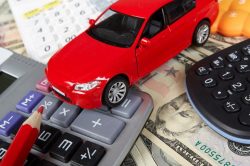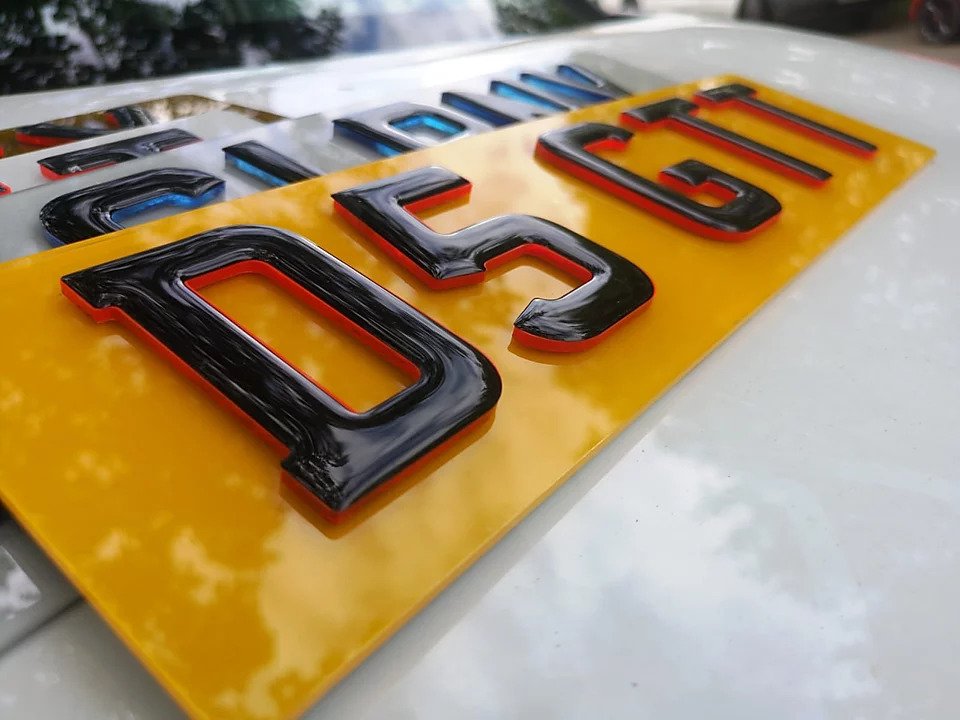When the time comes for you to resell your car, you will likely sell it at a lower price that you initially paid for it. This is what is known as depreciation. If you are planning to sell your car in the future, you may want to learn more about depreciation. This will give you a better understanding of just how much value your car has lost over time and how much you can expect to get from it – brought to you by showplatesdirect.com/replacement-number-plates/
What is Car Deprecation?
In the simplest of terms, depreciation refers to the difference in price between the amount of money you paid for the car when you bought it and the amount you can get when you sell the car. A decrease in market value is often determined by a lot of factors and will often vary between car models and manufacturers. An accepted general rule of thumb though is that cars will often decrease in value between 15-3% in the first year and up to 50% by the third year of regular use. It is, therefore, safe to say that the value of a car does depreciate quite quickly in some models more than others.
Factors Affecting the Value of Your Car
Like we mentioned before, there are several factors that can contribute to the overall value of your car. But there are things that will come up regularly when talking about the value of a car more than others. These include the following;
- Mileage
The term mileage refers to the number of miles your vehicle has clocked up over the years. The more the number of miles, the less it will be worth. On average, a car will travel nearly 10,000 miles a year. If the number of miles it has traveled is lower than this number, then your four-wheeler will be worth more than the average. The opposite is also true; if your car has a mileage of more than 10,000 miles a year the vehicle’s value will be significantly lower.
- Present Condition
Any damage to the interior or exterior of the vehicle will devalue the car. This includes any damage to the bodywork, upholstery or electronics all of which will have an effect on the final price you can negotiate.
- The Size and Type of Vehicle
The size and type of the car can also affect its value. Generally, larger vehicles tend to depreciate more than smaller ones because it often costs more to run, maintain and repair.
Some of the other factors affecting your car’s value include the following;
- The more the number of previous owners a vehicle has the more the value of the car is likely to depreciate.
- A car that is regularly serviced will also have more value than one that gets little or no servicing.
- A model with some of its manufacturer’s warranty left will also be of a higher value
Tips to Minimize Car Depreciation
The following are just some of the things to keep in mind if you plan to sell your car;
- Maintain a full history of the service done on the vehicle. This will give potential buyers an indication of the condition.
- Don’t drive the car unnecessarily. This will increase the mileage on the oddometter.
- Keep the car looking good at all times. This means clean it when you can and repair any interior or exterior damage.
- Plan to sell the vehicle before the latest model shows up in the showrooms.
- Avoid modifying it too much as this may narrow the number of interested buyers.



